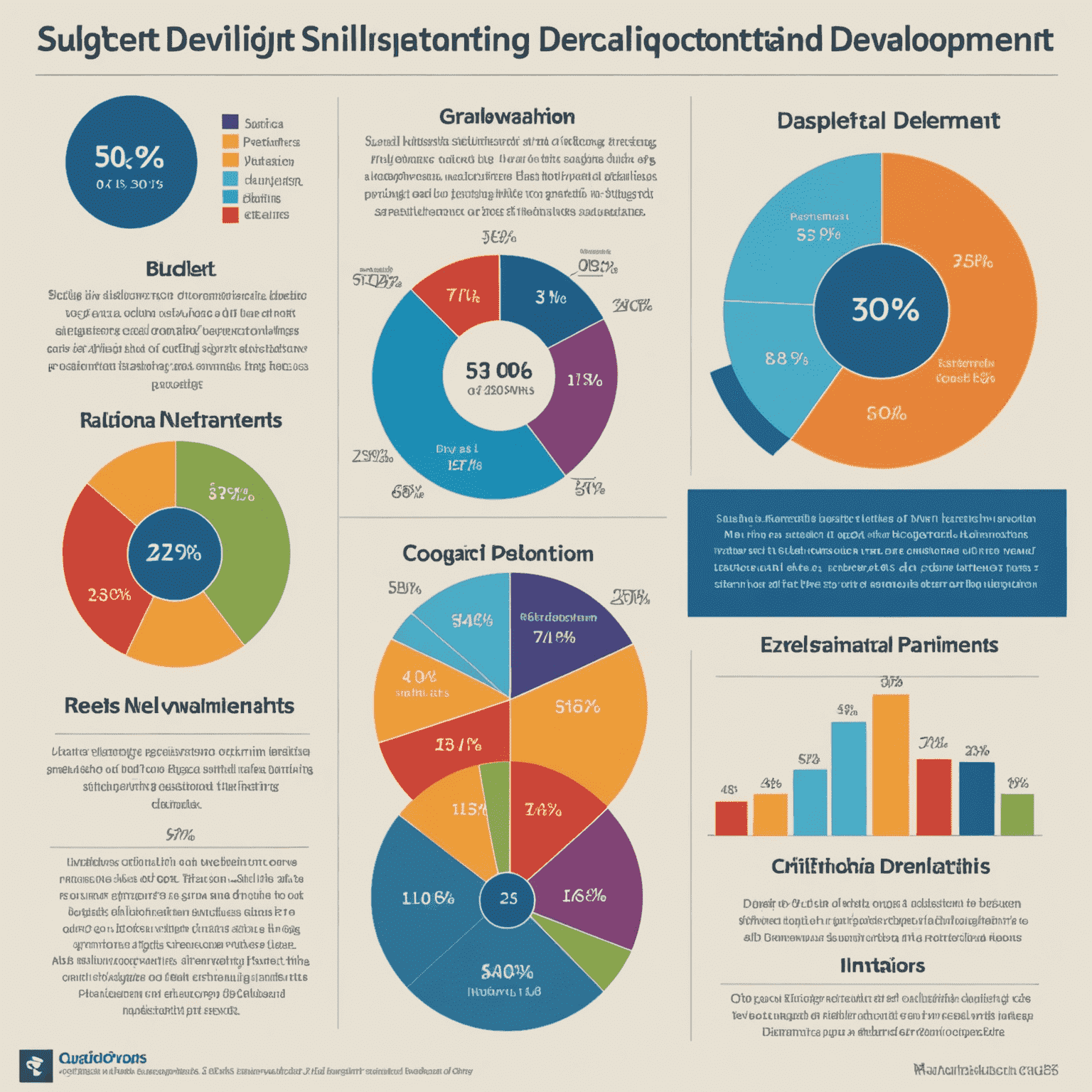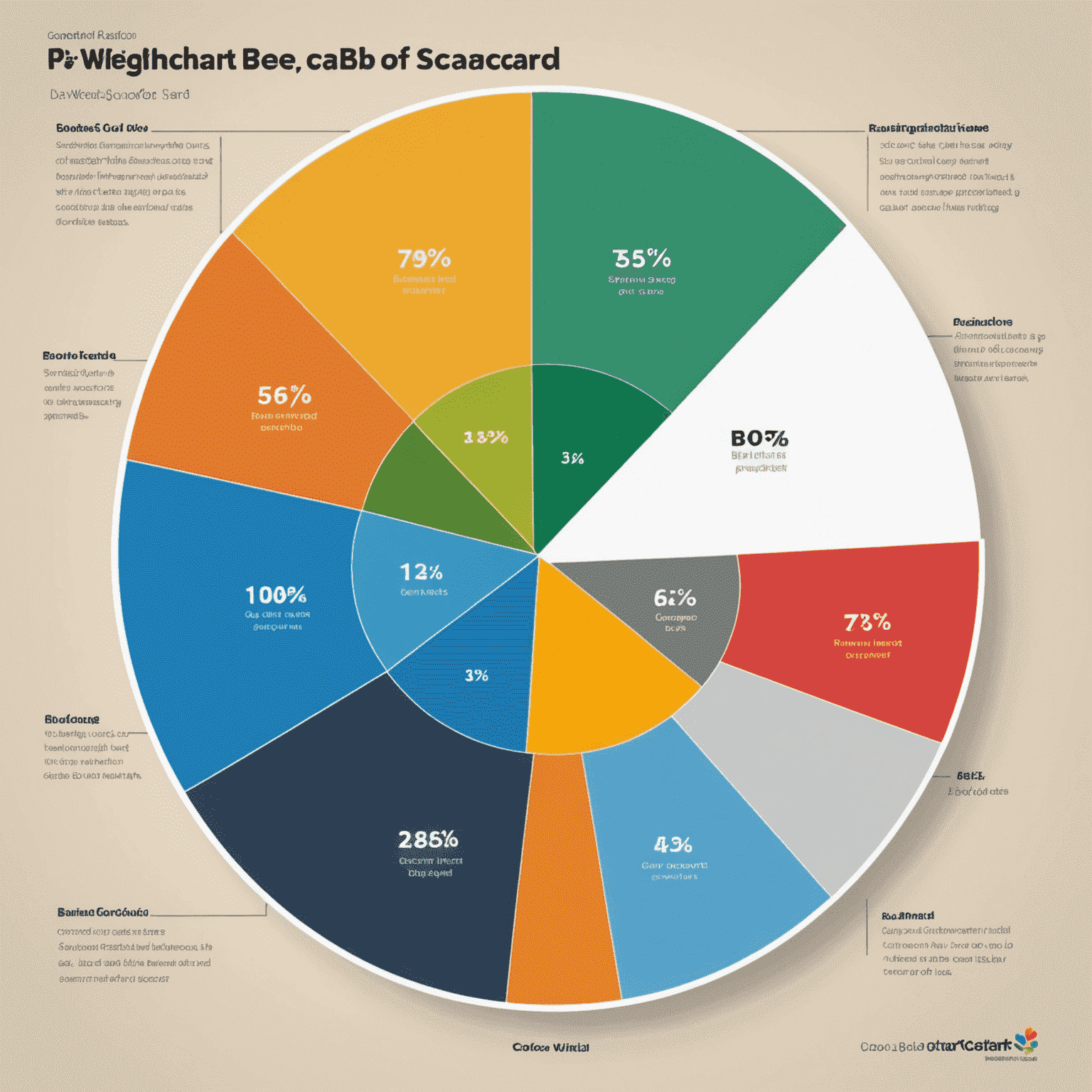B-BBEE Scorecard Explained
The Broad-Based Black Economic Empowerment (B-BBEE) scorecard is a crucial tool for measuring and promoting economic transformation in South Africa. This article provides a detailed breakdown of the scorecard's key elements and their significance in the B-BBEE framework.
1. Ownership
Ownership is a fundamental component of the B-BBEE scorecard, typically carrying the highest weighting. It measures the percentage of ownership by black people in the business entity.
- Points are awarded based on voting rights and economic interest held by black people
- Additional points for involvement of black women, new entrants, and employee ownership schemes

2. Management Control
This element evaluates the representation of black people in the company's management and decision-making positions.
- Board participation and executive management representation
- Senior, middle, and junior management demographics
3. Skills Development
Skills development focuses on the company's investment in training and upskilling black employees and unemployed individuals.
- Expenditure on learning programs for black employees
- Learnerships, apprenticeships, and internships for black people
- Training of unemployed black people

4. Enterprise and Supplier Development
This element encourages companies to support and develop black-owned businesses in their supply chain.
- Preferential procurement from B-BBEE compliant suppliers
- Supplier development initiatives
- Enterprise development contributions
5. Socio-Economic Development
Socio-Economic Development measures the extent to which companies carry out initiatives that promote access to the economy for black people.
- Contributions to socio-economic development initiatives
- Focus on projects that benefit black people
Scorecard Weighting
Each element of the scorecard is assigned a specific weighting, with the total adding up to 100 points:
- Ownership: 25 points
- Management Control: 19 points
- Skills Development: 20 points
- Enterprise and Supplier Development: 40 points
- Socio-Economic Development: 5 points

Conclusion
Understanding the B-BBEE scorecard is essential for businesses operating in South Africa. As business consultants and Power BI experts, we can help companies navigate the complexities of B-BBEE compliance, develop strategies to improve their scores, and create data-driven solutions for tracking and reporting progress. By embracing the principles of B-BBEE, businesses can contribute to economic transformation while enhancing their competitiveness in the South African market.